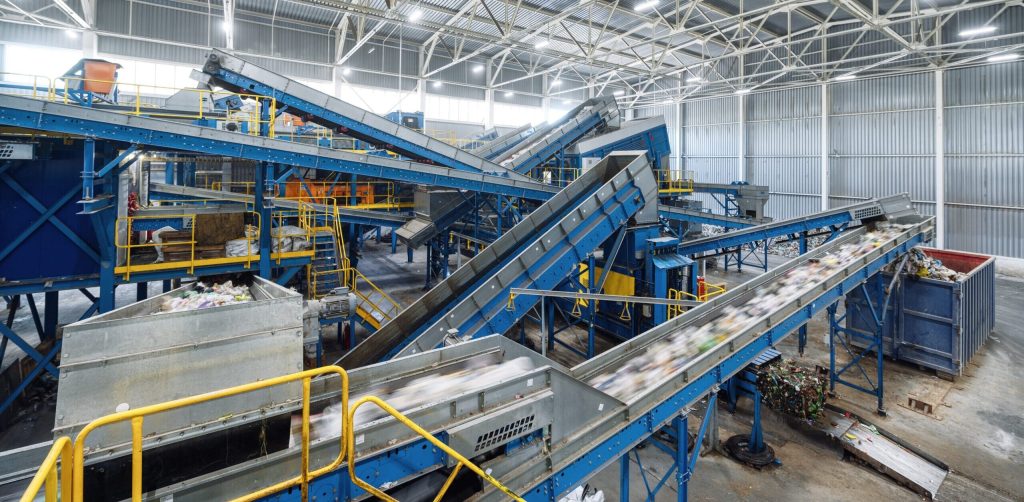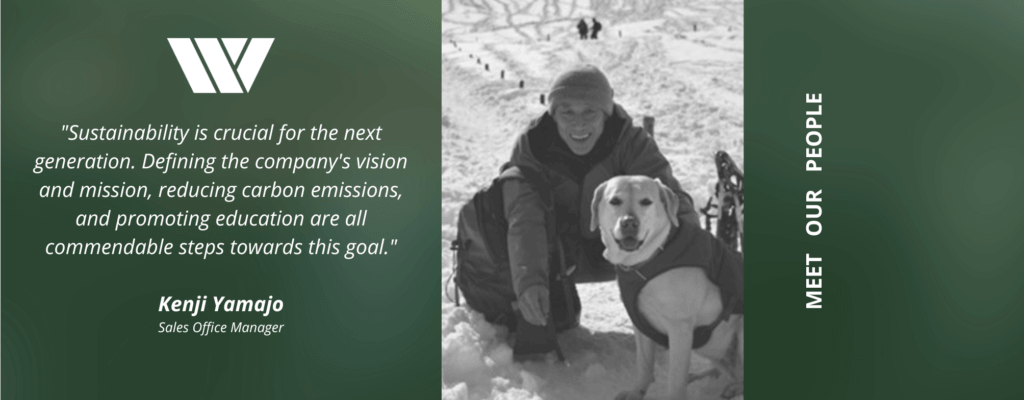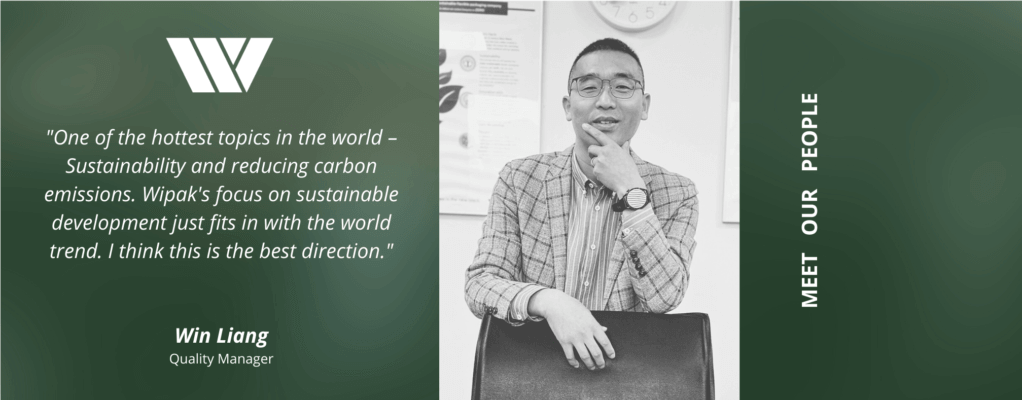In what situation is plastic truly necessary?

Plastic packaging is currently the most reliable, lightweight solution for protecting fragile products and preserving perishable foods. It’s also necessary wherever sterility is required, such as in hospitals and health care environments. In the medical sector, sterile tools and packaging help prevent the transmission of infection from clients via instruments and supplies, keeping both treatment staff and patients healthy.
Flexible plastic packaging has a great record of reducing food waste with high environmental efficiency. In Europe, 40% of all packaging is flexible – but only corresponds to 10% of packaging waste (FPE). Because food production uses far more resources than the packaging that protects it, lightweight flexible plastic solutions are key to preventing food loss, wastage and contamination. This goes particularly for fresh foods such as meat, sausages, cold cuts, fish and cheese – markets for which Wipak is a major packaging producer.
At present, alternative packaging like those made from bio-based materials can have a greater overall carbon footprint during its life cycle. While we work towards these solutions being environmentally efficient, Wipak already offers innovative sustainable packaging designed to use less plastic, contain recycled, recyclable or renewable material content – and to never compromise on mechanical properties. We are working with our partners to keep all plastic packaging within the supply chain – and out of the environment – as part of a circular economy.
Find out more about these solutions here and be sure to check out all of our Q&A posts on the blog.





